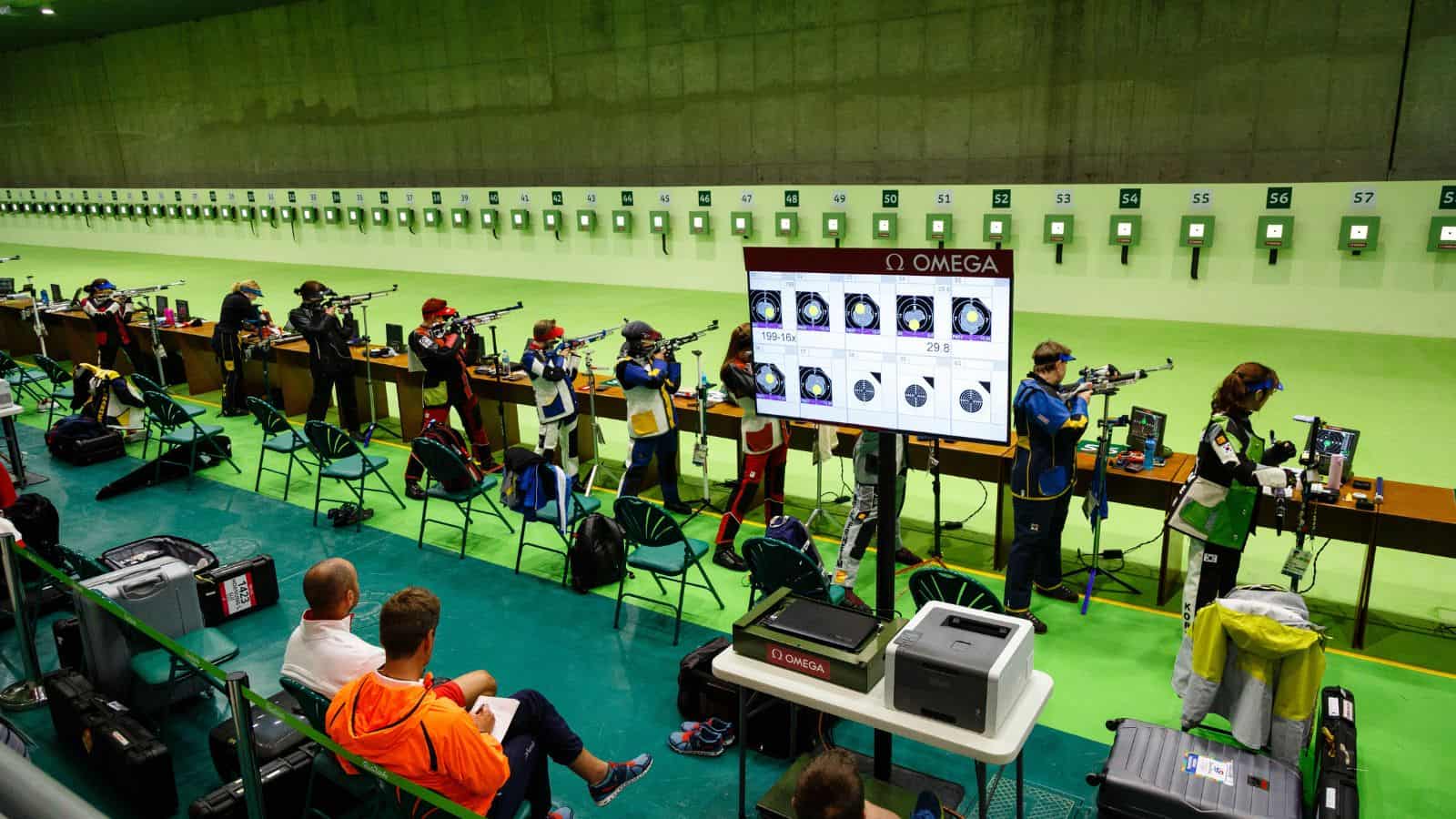It’s often said that boys don’t cry, but have you ever wondered why? From a young age, men are subtly (and sometimes not-so-subtly) taught to bottle up their emotions. These societal pressures can have long-lasting effects, shaping how men interact with the world. Here are 19 ways that society teaches men to keep it all inside.
“Be a Man”

“The most dangerous phrase in the English language is “be a man,” says The Guardian, and from an early age, boys hear the phrase “be a man” whenever they show emotions that are deemed weak or sensitive. This statement implies that being a man means hiding your feelings, and it’s used to encourage toughness and stoicism, while the expectation is clear: real men don’t cry or show vulnerability.
Boys Don’t Cry

One of the most persistent and damaging messages is that “boys don’t cry.” While crying is a natural human response to a range of emotions, boys are often scolded or mocked when they shed tears. This can lead to a lifetime of suppressing sadness or pain, as they fear being judged or ridiculed.
Sports Culture

Sports culture plays a significant role in reinforcing emotional suppression among men. Athletes are expected to “suck it up” and “play through the pain,” both physically and emotionally, as showing vulnerability is often seen as a sign of weakness in the competitive world of sports.
Stiff Upper Lip

The idea of maintaining a “stiff upper lip” is deeply rooted in many cultures, too, and this phrase encourages men to keep their emotions in check and maintain a façade of strength, regardless of what they’re feeling inside. The expectation is to remain composed and unflinching in the face of adversity.
Media Portrayals

Movies, TV shows, and advertisements often depict men as stoic, emotionless heroes who rarely show vulnerability. These portrayals reinforce the notion that real men are always in control and unaffected by emotional turmoil. When young boys constantly see these images, they internalise the message that they must mirror these traits to be accepted and admired.
Peer Pressure

Peer pressure is another powerful force that teaches men to suppress their feelings. In many male social circles, showing emotions can lead to teasing or ostracism. The need to fit in and be accepted by their peers can make men hesitant to express their true feelings, leading to a cycle of emotional suppression.
Family Expectations

Another thing that plays a crucial role in shaping how men deal with their emotions is family dynamics. In some families, traditional gender roles are emphasised, and boys are encouraged to be tough and unemotional. Fathers, in particular, may model and enforce these behaviours—consciously or unconsciously.
Fear of Judgment

The fear of being judged or misunderstood can prevent men from opening up about their feelings. Many men worry that expressing emotions will lead others to think less of them or question their masculinity. This fear of judgement can create a significant barrier to emotional expression, leading men to keep their feelings bottled up.
Lack of Emotional Education

In many educational settings, emotional intelligence is not prioritised, and boys are often not taught how to identify, understand, and express their emotions in a healthy way. Without this foundational knowledge, it becomes challenging for men to navigate their emotional landscapes, leading to suppression as a default response.
Workplace Culture

Workplaces often value productivity and efficiency over emotional well-being. This can cause men in professional environments to feel pressured to appear strong and unaffected by personal or work-related stress. This culture can discourage men from seeking support or ever expressing their emotions.
Social Stigma

There’s also a social stigma attached to men who openly express their emotions. They may be labelled as weak, overly sensitive, or unmanly, and this stigma reinforces the idea that men should keep their feelings to themselves to avoid negative perceptions.
Hyper-Masculine Role Models

Many cultural icons and role models embody hyper-masculine traits, such as toughness, dominance, and emotional detachment, leaving young boys looking up to these figures and emulating their behaviours. This means they believe that emotional suppression is a key aspect of being a successful man.
Traditional Masculinity Norms

Traditional norms of masculinity often emphasise traits like strength and self-reliance. These norms discourage men from showing vulnerability or seeking help, as doing so is seen as contradictory to their masculine identity. Adhering to these norms can lead to a lifelong habit of keeping everything bottled up.
Lack of Safe Spaces

Men often lack safe spaces where they can express their emotions without fear of judgement or ridicule, too, and without supportive environments, it becomes difficult for them to open up about their feelings. This lack of safe spaces perpetuates the cycle of emotional suppression, as men have nowhere to turn for emotional support.
Influence of Upbringing

How men are raised significantly impacts their emotional expression. For example, boys who grow up in environments where emotions are dismissed or punished may learn to suppress their feelings to avoid negative consequences. They can also be affected by their neighbourhood or direct social circle. This learned behaviour can carry into adulthood.
Misunderstanding Vulnerability

Vulnerability is often misunderstood as weakness, especially among men, as society teaches that being vulnerable exposes one to harm or ridicule—so men learn to hide their true feelings to protect themselves. This misunderstanding prevents men from experiencing the benefits of vulnerability, such as deeper connections.
Fear of Losing Control

Men are commonly taught to value control and dominance, too—both over themselves and their environment. Expressing emotions can feel like a loss of control, leading men to suppress their feelings to maintain a sense of mastery. This need for control can hinder emotional expression.
Internalised Shame

Internalised shame about emotions can develop when men are repeatedly told that expressing feelings is wrong or unmanly. This shame can become deeply ingrained, making it difficult for men to acknowledge, let alone express, their emotions. Overcoming this internalised shame requires challenging long-held beliefs about masculinity and emotional expression.
Impact of Romantic Relationships

Finally, romantic relationships can influence how men handle their emotions. If partners discourage emotional expression or react negatively to it, men may learn to keep their feelings hidden. Healthy relationships, on the other hand, can provide the support and encouragement needed to break the cycle.







